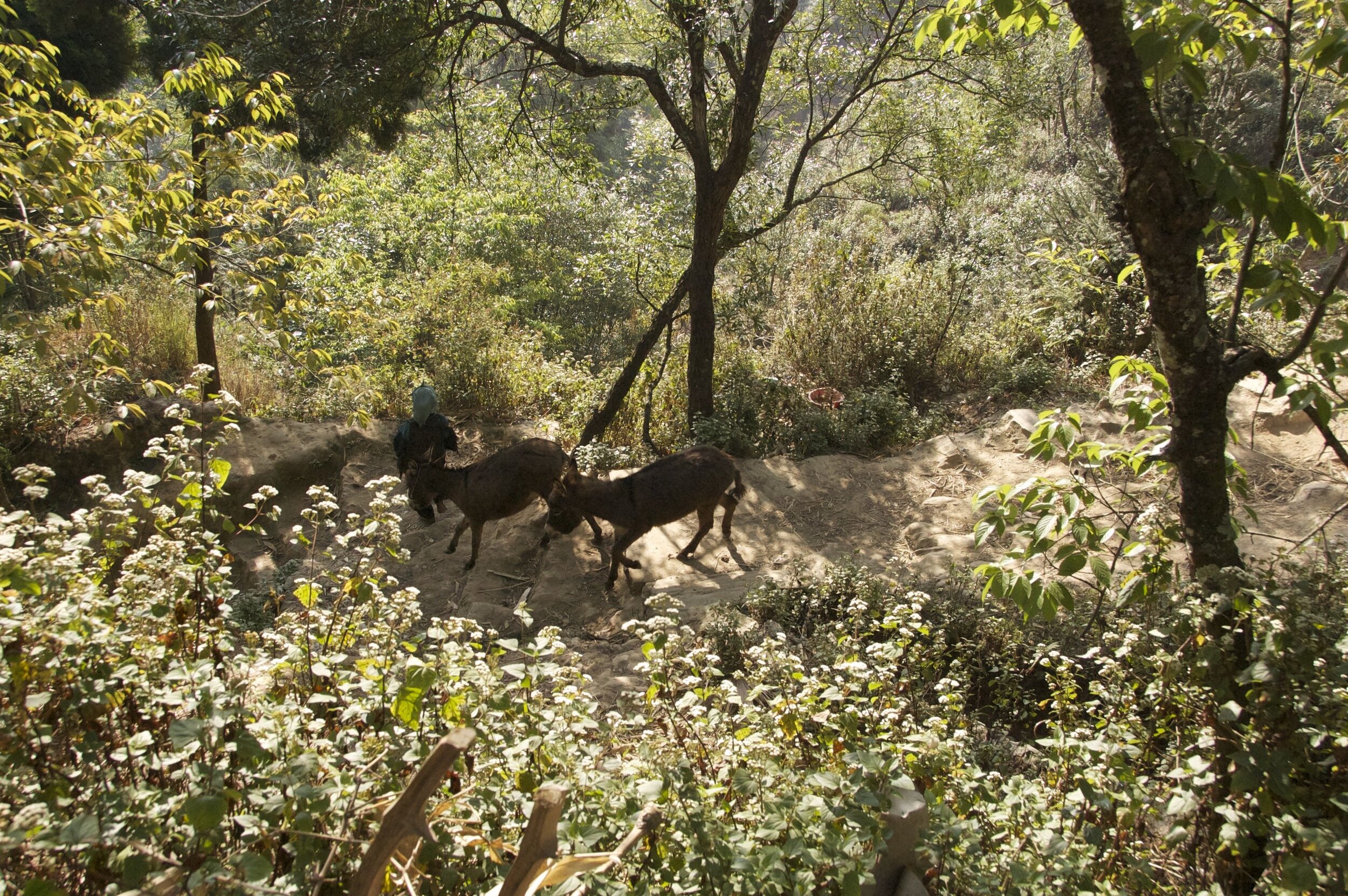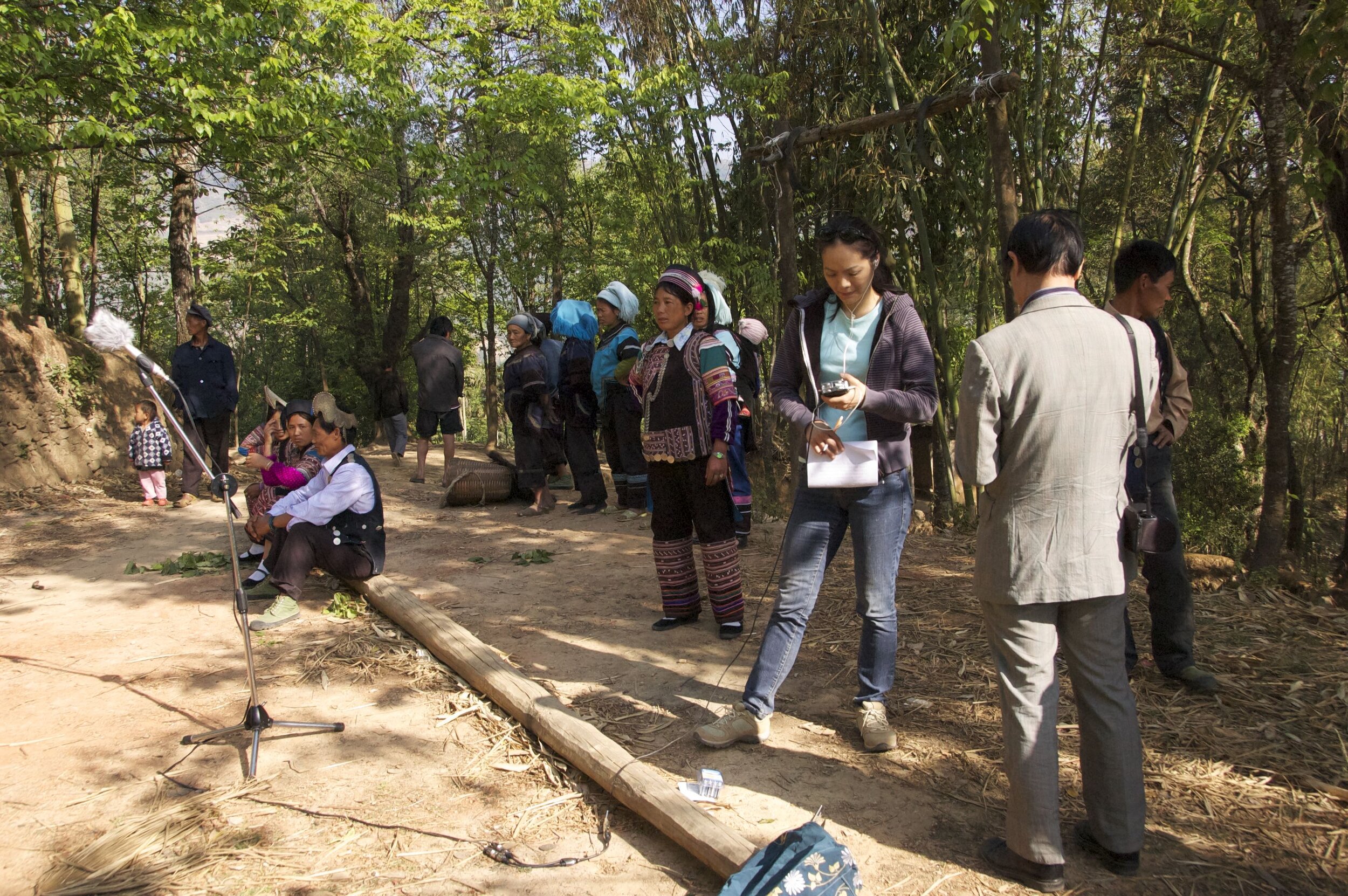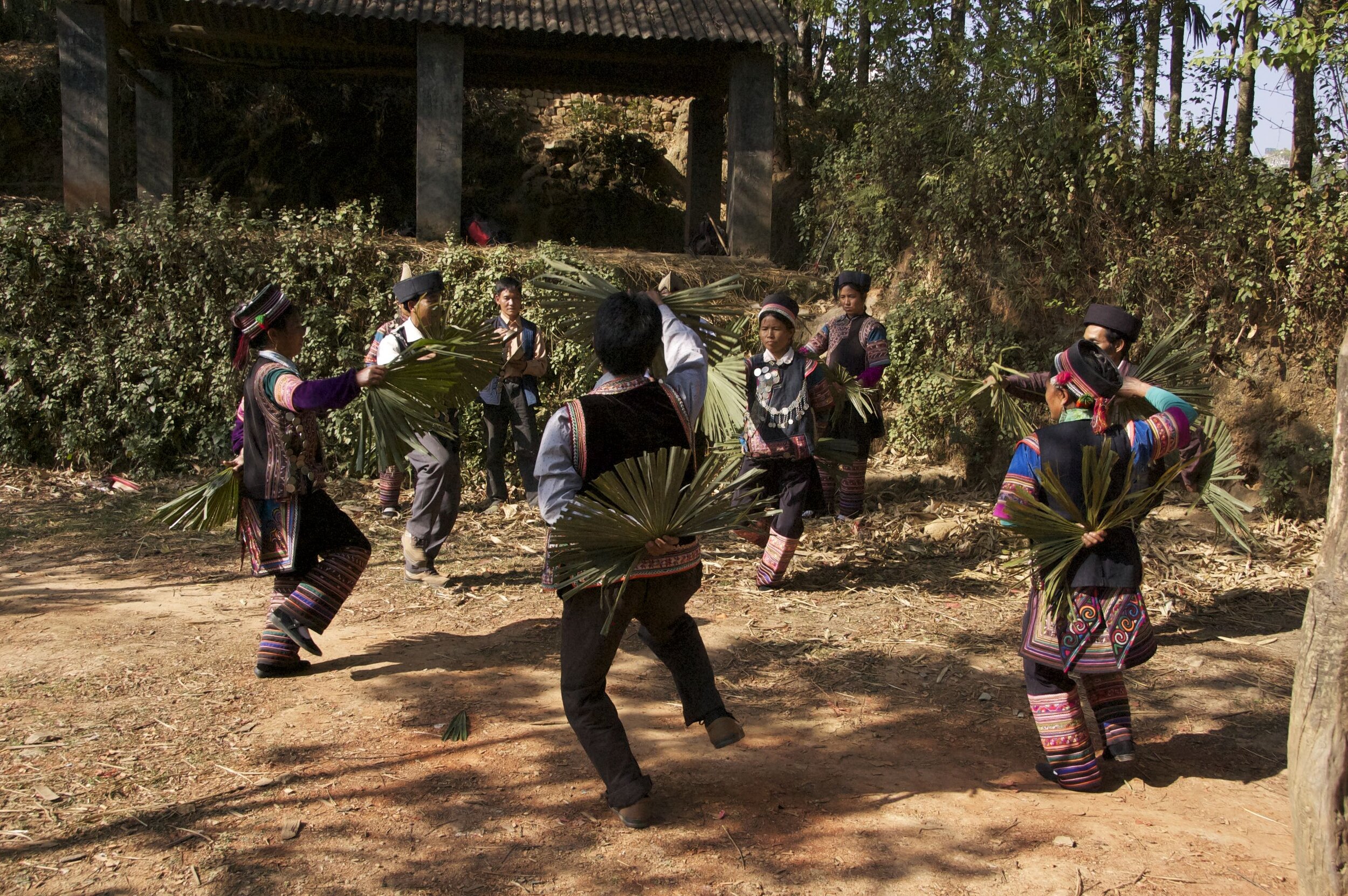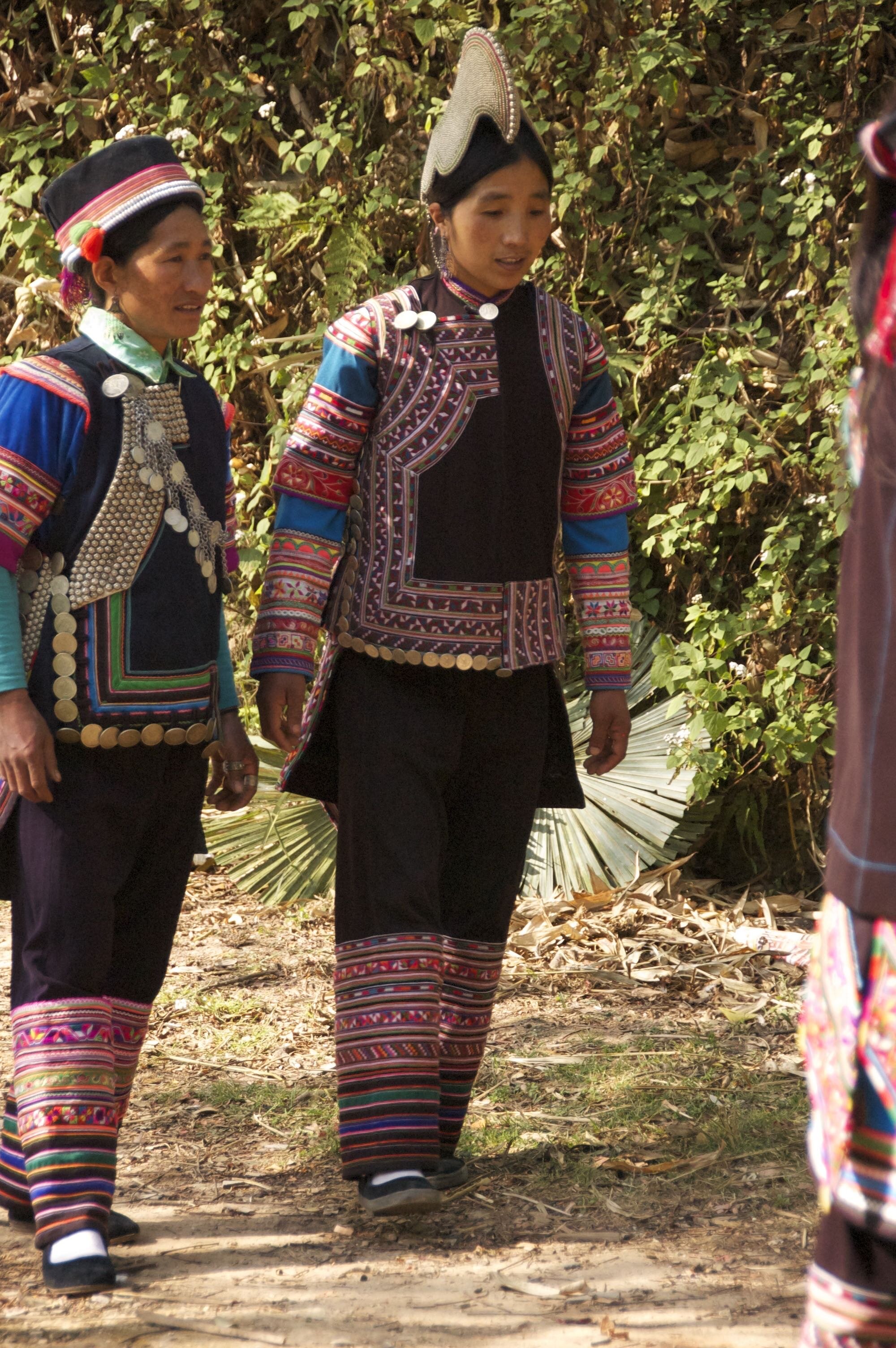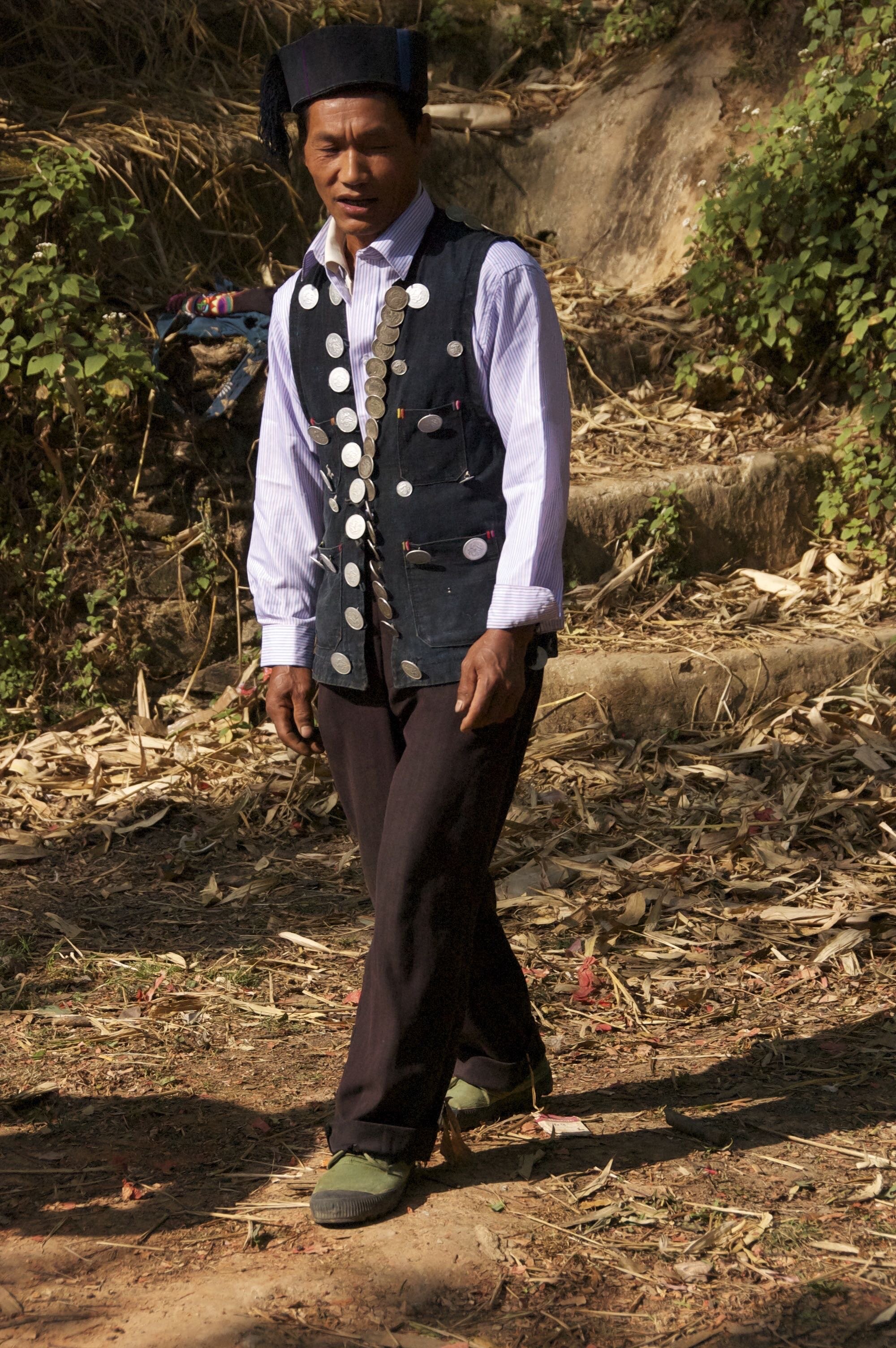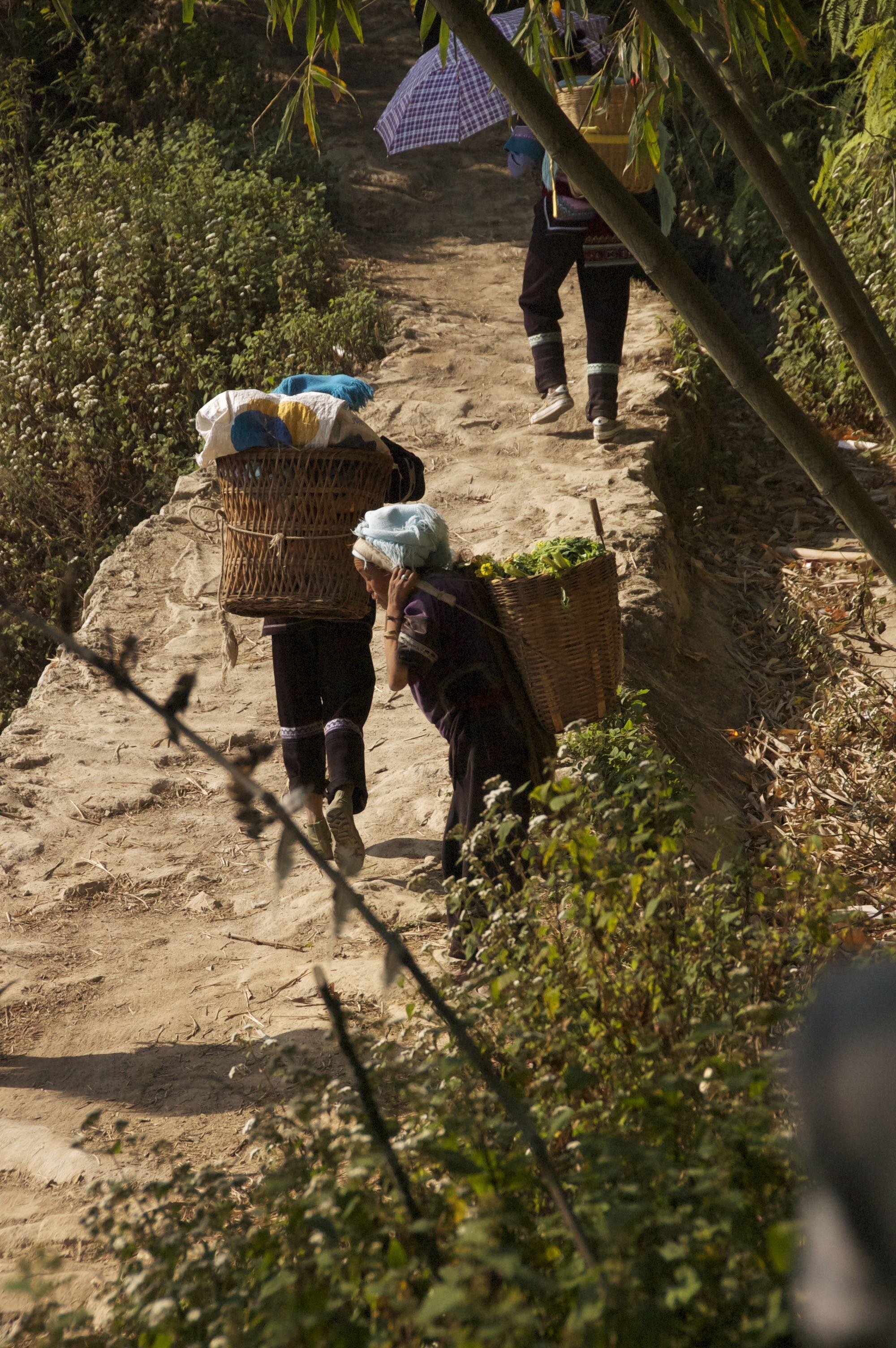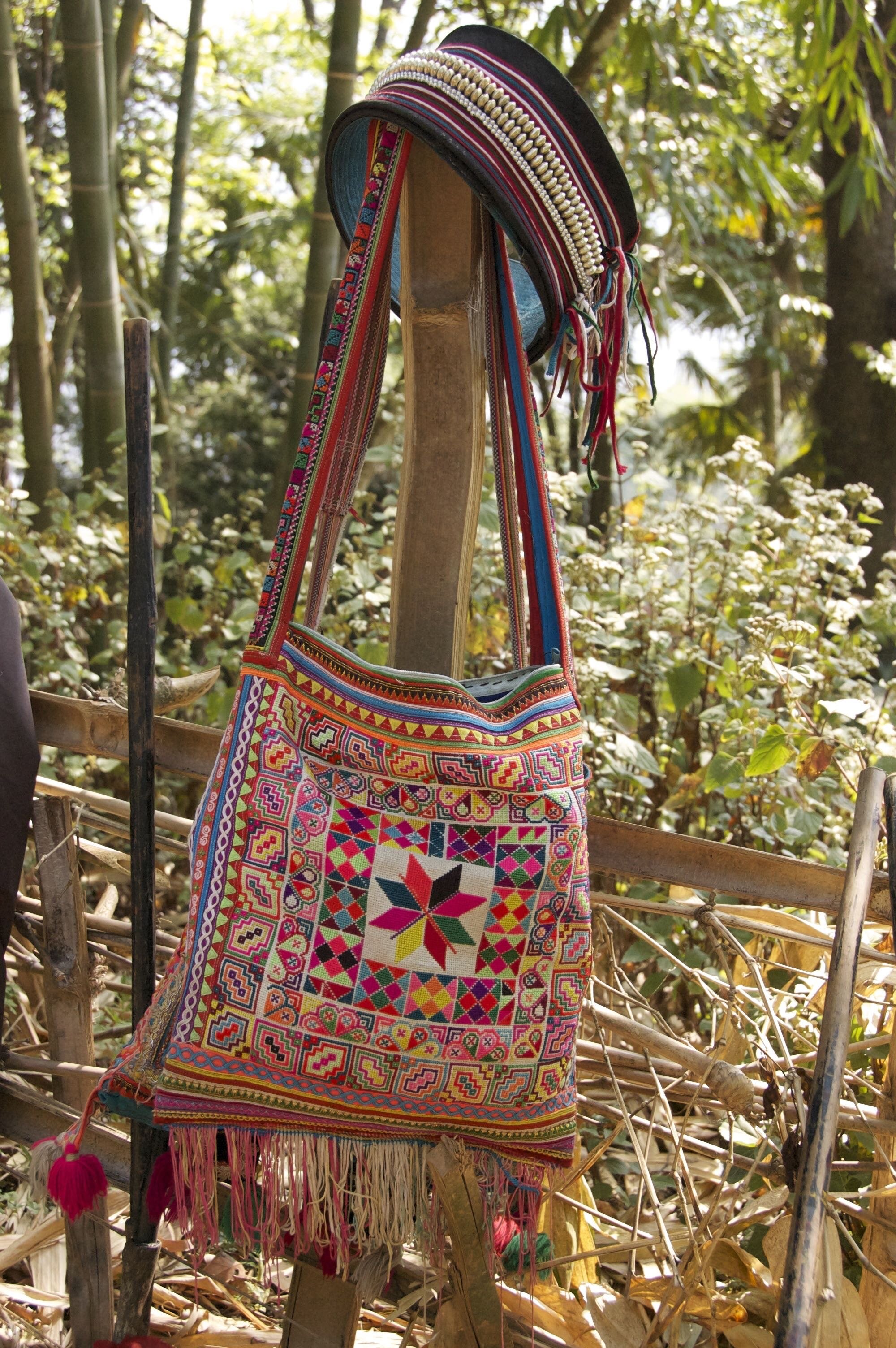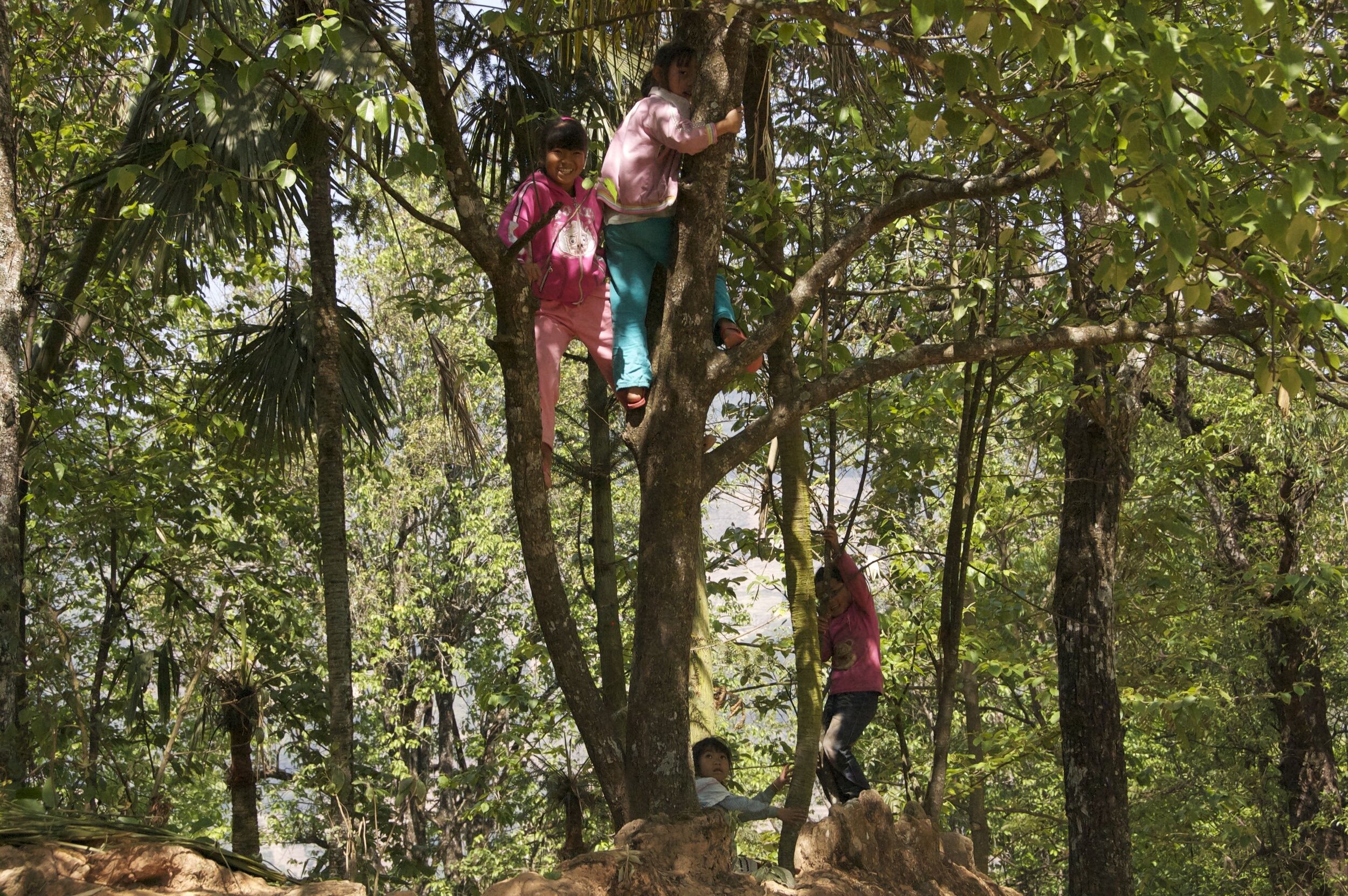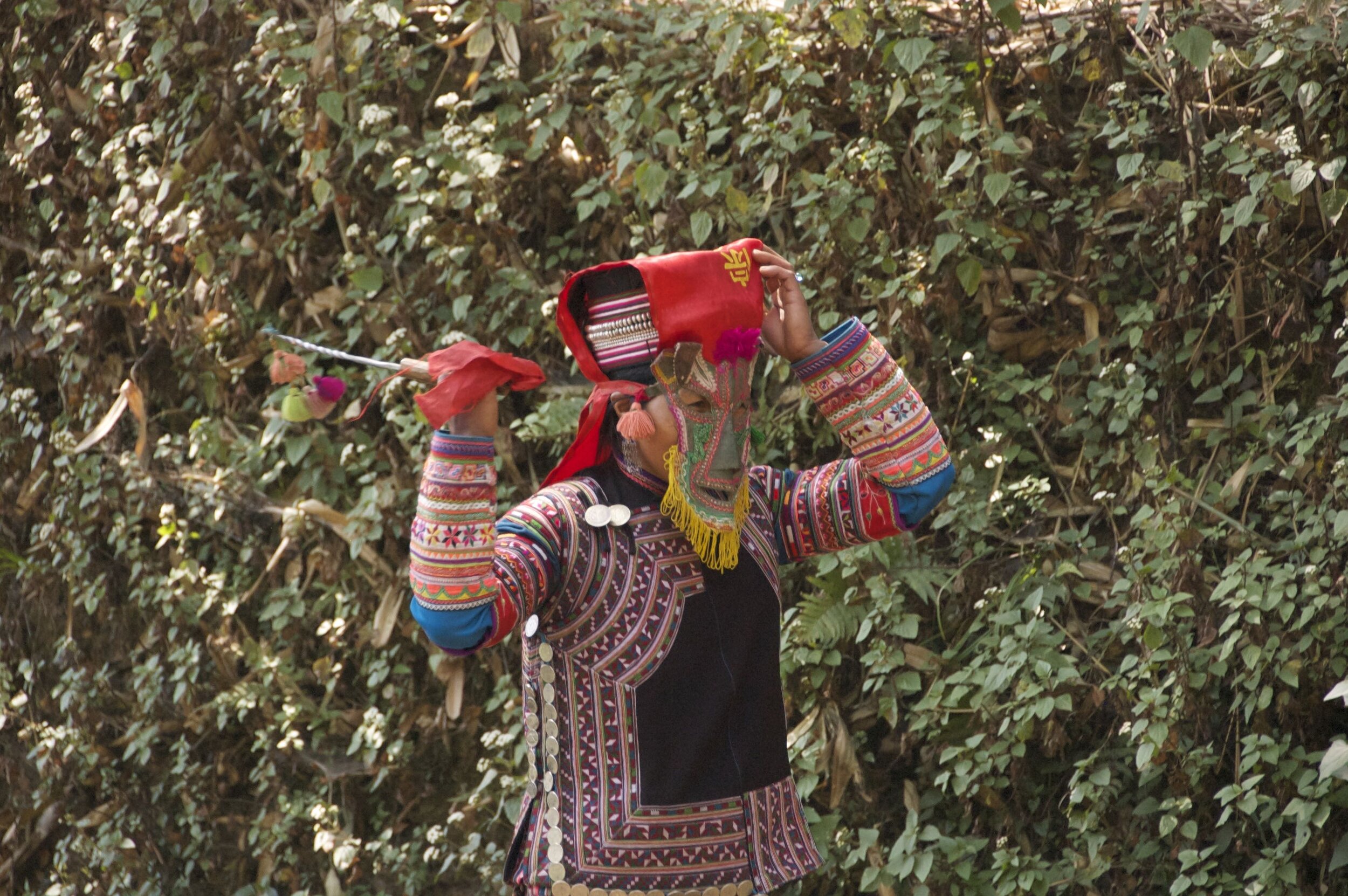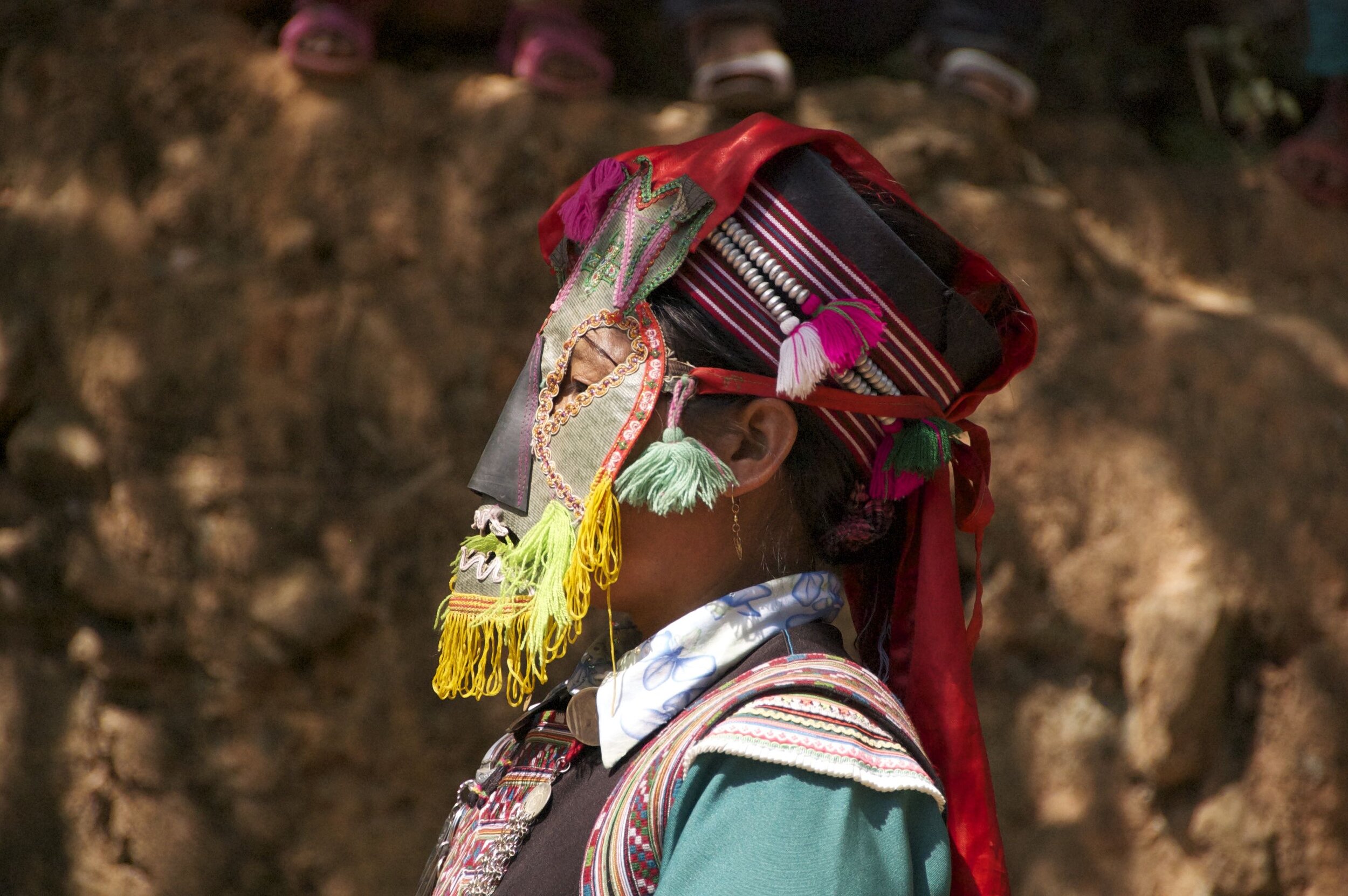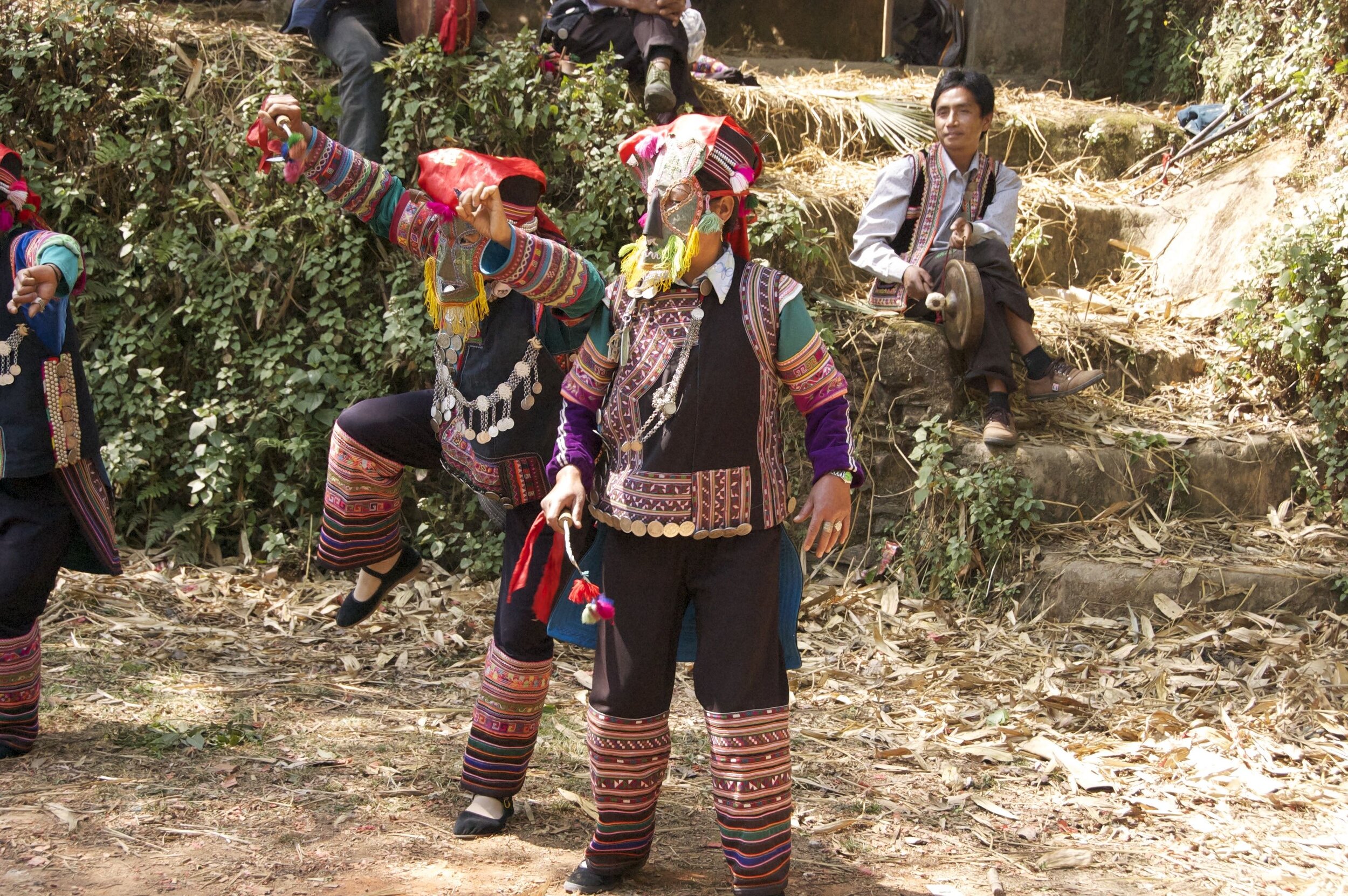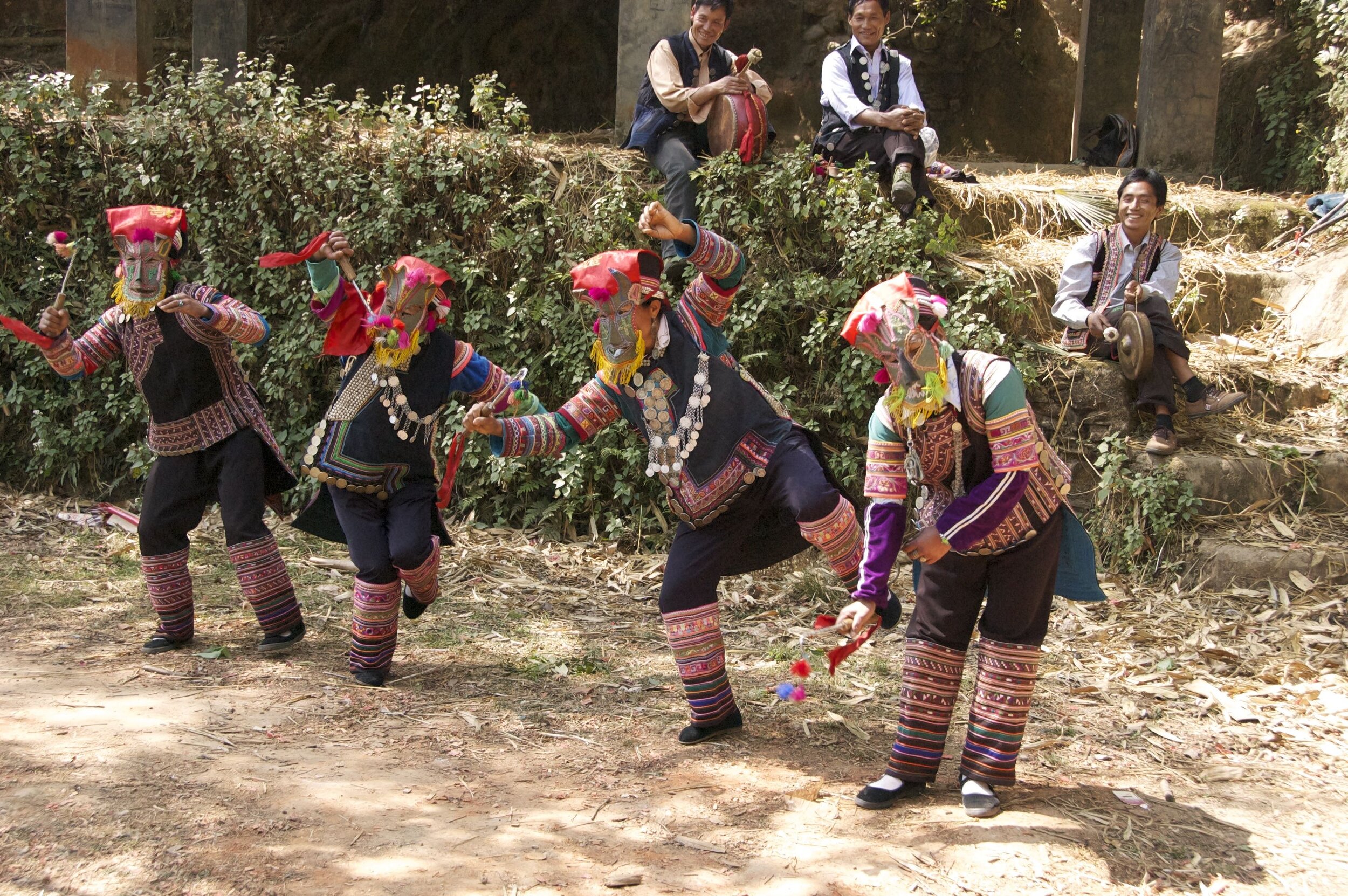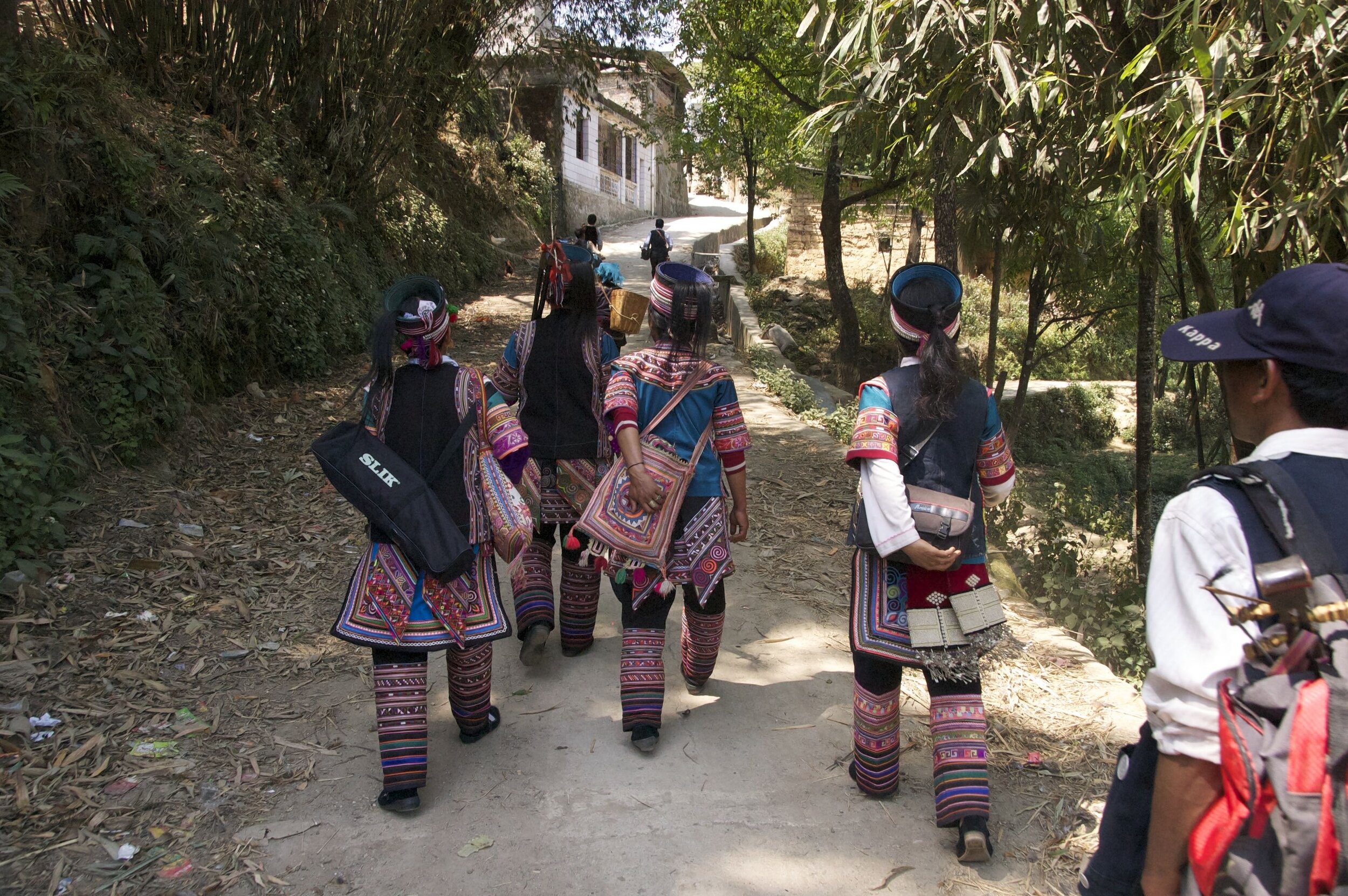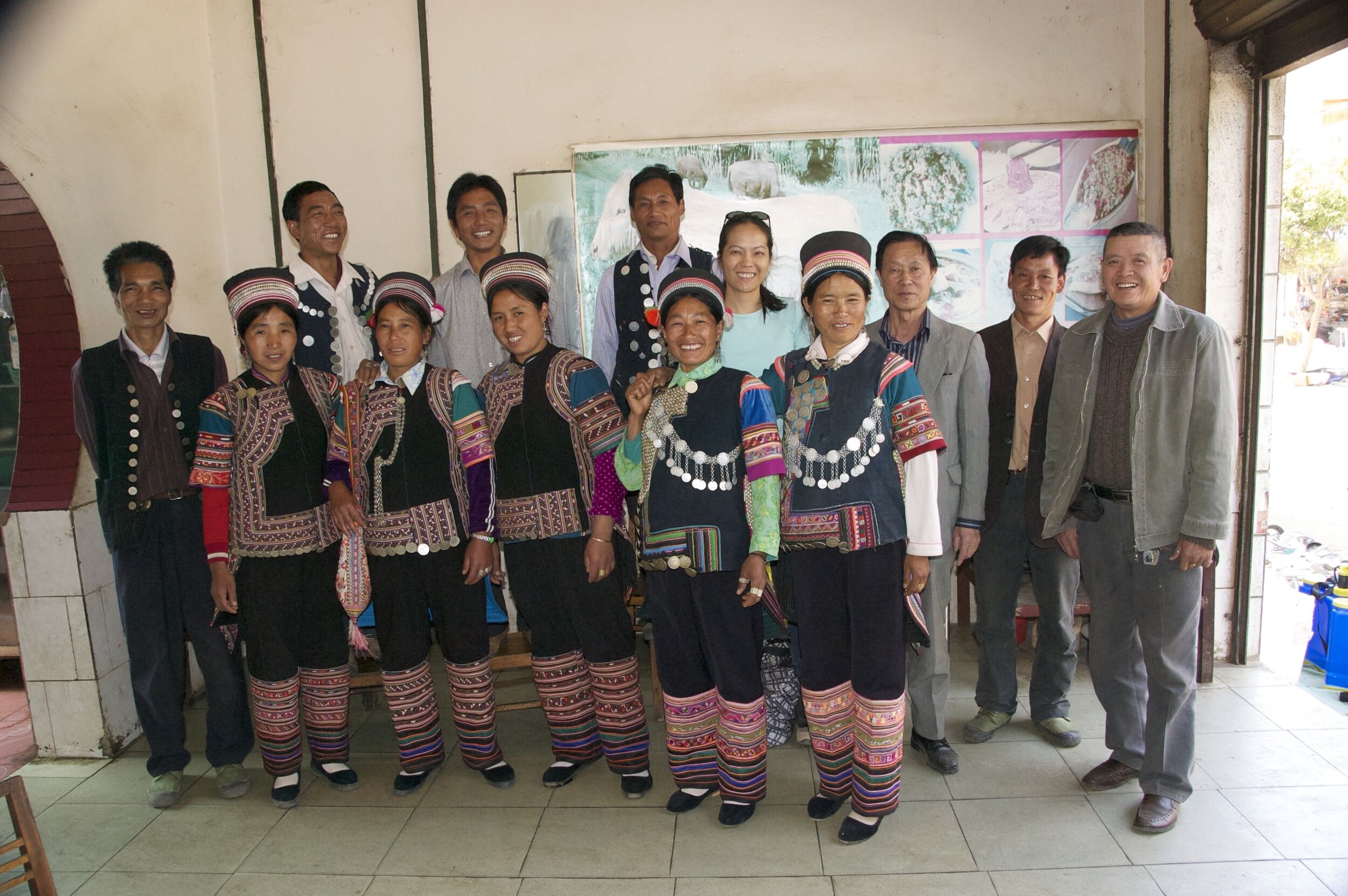Azhahe 阿扎河乡
Introduction
Azhahe is a village located in Honghe County, Honghe Prefecture, Yunnan. The Hani people are an ethnic minority; they form one of the 56 nationalities officially recognized by the People's Republic of China. The origins of the Hani are not precisely known, though their ancestors, the ancient Qiang tribe, are believed to have migrated southward from the Qinghai Tibetan plateau prior to the 3rd century AD. The Hani oral traditions state that they are descended from the Yi people, and that they split off as a separate tribe some fifty generations ago. One of their oral traditions is the recital of the names of Hani ancestors from the first Hani family down to oneself.
Location Profile
Over 90% of the Hani live in the southwestern Chinese province of Yunnan, scattered across the Ailao Mountains between the Mekong River and the Red River (Yuanjiang).
Instrumental Music
Hani is known for their unique vocal polyphonic singing. Eight-part polyphony was discovered here in the 1990s. They play many traditional musical instruments, among them are flutes like the end-blown flute labi (俄比), and lutes like the three-stringed plucked lute lahe. There are two types of Hani folk songs: Habare and Anqigu. Habare, solemn song for toast, is usually sung in religious rituals, festivals, weddings or funerals. Anqigu, sung on mountains, is all about love and notable for its pretty and light melody. Hani boys enjoy playing three or four string instrument while girls love Bawu (a sort of flute shaped musical instrument made of bamboo) and Xiangmie (a small blowing bamboo instrument).
On important festivals or occasions, songs and music are heard overnight. One of the instruments seen here is created out of a leaf and used in several different unique ways. Typical Hani musical instruments include Three Strings, Four Strings, Hulusheng, flute, Bawu and Xiangmie and suchlike. Bawu is the unique Hani musical instrument, which can generate elegant and touching melody, thus being good for expressing one's personal emotions.
Cultural Dances
Traditional Hani dances are Fan Dance, Wood Peacock Dance, Lezuo Dance, Money Stick Dance, Hand-clapping Dance, Three Strings Dance and Big Drum Dance etc. All these dances are linked with ancient legends and accompanied by fixed music. Some of these dances you can view here.

